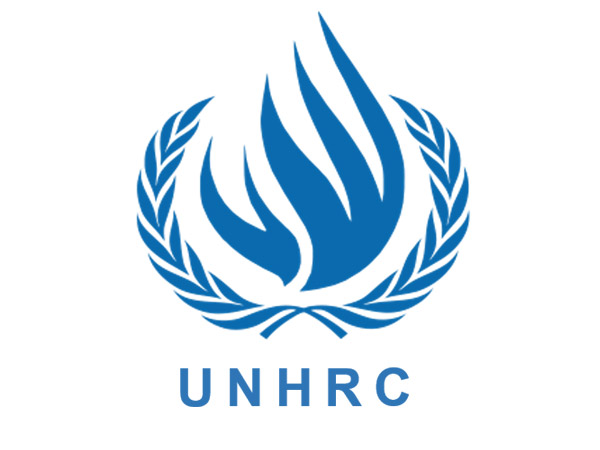Experts call for removal of Cuba from US States Sponsors of Terrorism list and lifting of blockade
UN Office of the High Commission for Human Rights | Tuesday, 30 July 2024 | Click here for original article

“We are seriously concerned at the redesignation by the U.S. Government since 2021 of Cuba as a state sponsor of terrorism (SSOT). The expansion of related restrictions has reportedly deepened the country’s international isolation for over 62 years as a result of the U.S. embargo,” the experts said.
They said the SSOT redesignation had imposed a panoply of additional economic and financial restrictions with compounded adverse effects on the country’s ability to meet the needs of its population in a critical moment when Cuba faces serious economic challenges.
They referred to additional trade restrictions with the expansion of prohibited items; suspension of U.S. Government financial and technical assistance; active U.S. opposition to the provision of loans to Cuba by international financial institutions; as well as potential threats of interruption of U.S. Government assistance to other States providing aid to Cuba as an SSOT listed country.
“Cuba’s SSOT redesignation has added to the challenges already faced by the people of Cuba during the last three to four years, alongside serious disruptions caused by the COVID-19 pandemic, natural disasters, and the economic and financial developments which have affected global supply chains, and commodity and energy prices,” the experts said.
“It has also exacerbated uncertainty and fear among states, businesses and other stakeholders wishing to maintain or develop trade or other relations with Cuba, resulting in overcompliance that has grave humanitarian impact, including on humanitarian and development assistance, and on the availability of essential goods, such as food and medicine.”
Food insecurity has become a major concern due to inflationary pressures resulting in rising food prices, and the shrinking of agricultural production because of shortages in fuel, and restrictions on imports of agricultural machinery, chemical products, animal feed and spare parts.
Similarly, Cuba’s SSOT redesignation has further complicated the already complex licensing procedures for exports of medicines and medical equipment to the country. This has progressively led to severe shortages affecting all prioritised health sectors, including treatment of cardiovascular diseases, paediatric oncology, oncology and even obstetrics and gynaecology.
“The U.S. Government must end the restrictions enforced on Cuba as a result of the long-standing embargo and the recent SSOT redesignation,” the experts said.
“Unilateral designation of Cuba as a SSOT is contrary to fundamental principles of international law, including the principle of sovereign equality of states, non-intervention in the domestic affairs of states, and peaceful settlement of international disputes.
“Recalling all UN resolutions stressing the adverse humanitarian impact of unilateral coercive measures, and wide international support for the lifting of the Cuba embargo, we urge the U.S. Government to fully comply with all its international human rights obligations, even extraterritorially, and to undertake prompt action to terminate such measures”.
The experts have already shared their concerns with the U.S. Government.
*The experts: Alena Douhan, Special Rapporteur on the negative impact of the unilateral coercive measures on the enjoyment of human rights; Cecilia M. Bailliet, Independent Expert on human rights and international solidarity; George Katrougalos, Independent Expert on the promotion of a democratic and equitable international order
The Special Rapporteurs, Independent Experts and Working Groups are part of what is known as the Special Procedures of the Human Rights Council. Special Procedures, the largest body of independent experts in the UN Human Rights system, is the general name of the Council’s independent fact-finding and monitoring mechanisms that address either specific country situations or thematic issues in all parts of the world. Special Procedures’ experts work on a voluntary basis; they are not UN staff and do not receive a salary for their work. They are independent from any government or organization and serve in their individual capacity.






